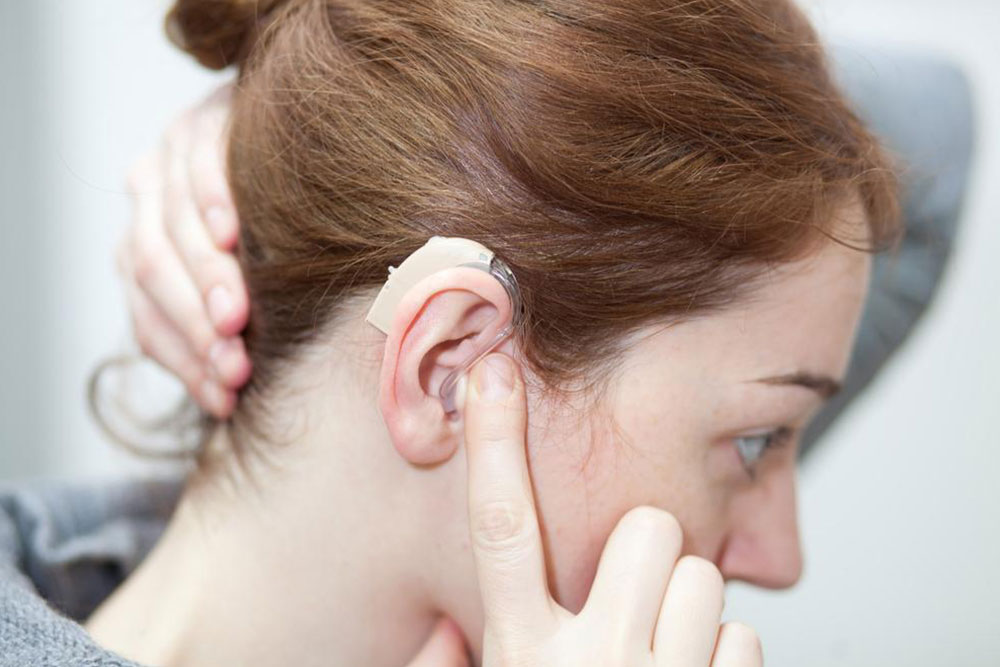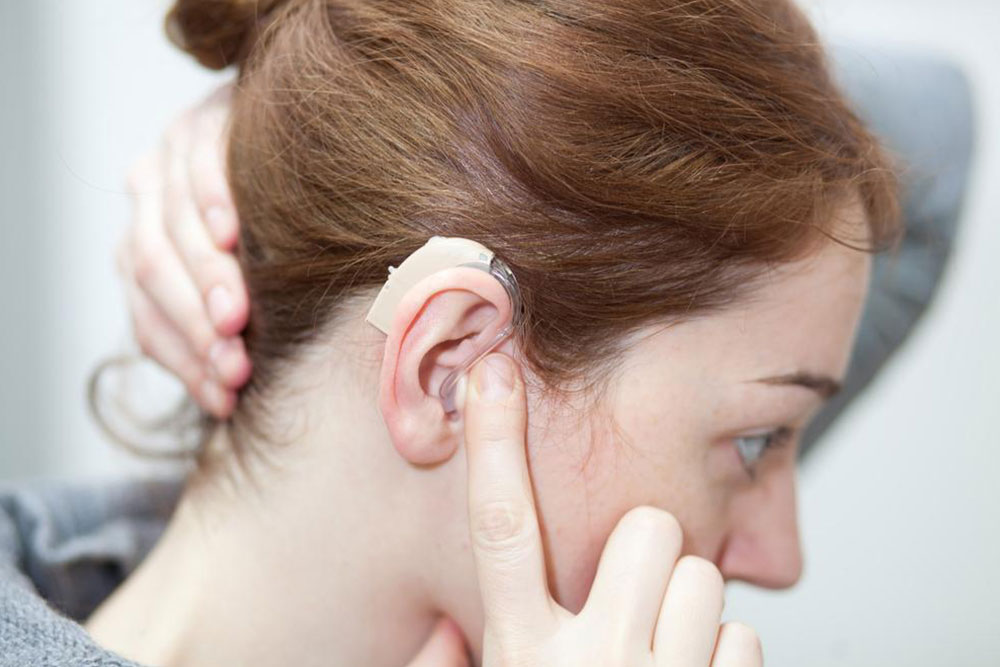Could You Be Hearing-Impaired? Key Signs and Prevention Tips
Identify early signs of hearing loss and learn effective prevention methods. This article highlights risk factors, symptoms, and treatment options for those concerned about their hearing health. Regular check-ups and protective measures can help maintain auditory wellness and improve quality of life.

Could You Be Hearing-Impaired? Essential Signs and Prevention Strategies
While perfect hearing at birth is common, progressive hearing loss may develop over time, impacting your ability to communicate and perceive sounds around you. Hearing impairment is prevalent and typically irreversible, though hearing aids can enhance sound detection.
Risk factors for deafness vary, but certain conditions elevate your likelihood of losing auditory function:
Ageing – The inner ear structures may deteriorate as you grow older, leading to hearing issues.
Prolonged exposure to loud noises – Consistent exposure to sounds between 80 and 110 decibels can harm inner ear cells.
Sudden loud noises, such as explosions, may also cause hearing damage. If you work in noisy environments, always wear protective earmuffs.
Genetics – Hearing loss can run in families, increasing your risk if your relatives are affected.
Medications – Certain antibiotics, chemotherapy drugs, and high doses of pain relievers like aspirin can impair hearing or cause temporary ringing.
Illnesses – Conditions like meningitis can damage the cochlea, resulting in hearing loss.
Early diagnosis of hearing problems is crucial, especially if you notice symptoms such as muffled sounds, difficulty distinguishing speech from background noise, trouble understanding words, or needing increased volume on devices. Untreated hearing impairment can lead to social withdrawal, psychological issues like depression, and strain on relationships. Various hearing aids, surgeries, and cochlear implants are available to restore hearing in cases of damage or blockages.
Note:
Our blog provides valuable insights across multiple categories. While we strive for accurate information, it should not replace professional medical advice. The team cannot guarantee the completeness or accuracy of all data, and readers are encouraged to consult healthcare providers for personalized guidance. Some offers or schemes might not be covered here but could be more suitable for individual needs.










